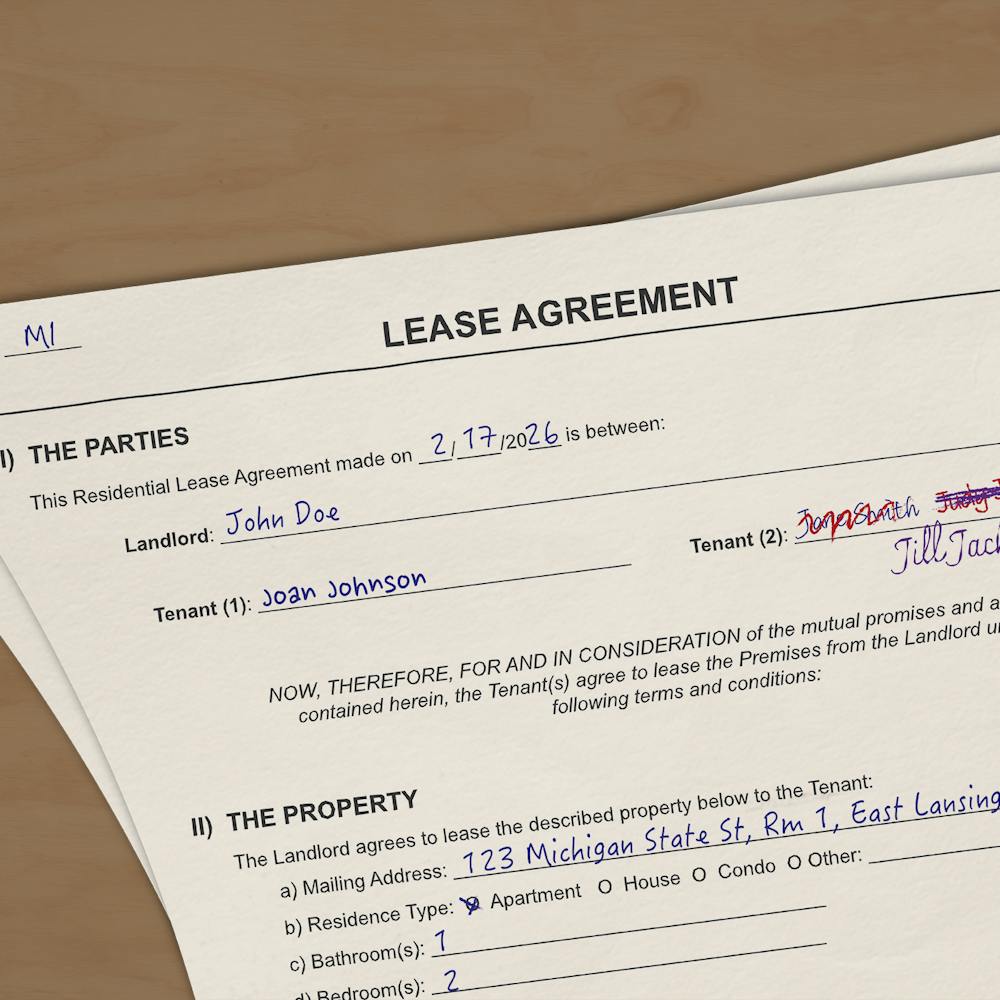The Lansing City Micro-Enterprise Fund will receive $10,000 in funding as part of its new partnership with East Lansing.
Microenterprises make up more than 80 percent of the businesses in Ingham County and tri-county area. Businesses with fewer than five employees are classified as microenterprises.
"We have an interest in our small businesses downtown being able to get through the ups and downs of the economy," said Stephanie Gingerich, an East Lansing community development analyst.
The city has a small business loan program, which has been underutilized in recent years, Gingerich said. The city decided to partner with the Lansing City Micro-Enterprise Fund, or LCMF, as a way of increasing its capacity to address small business affairs.
This increased capacity includes the funding, which LCMF will receive as part of a contract with the city to underwrite the employment of a part-time staff member at the organization. The funds were taken from the city's Community Development Block Grant money and were included in the 2008 fiscal year budget, Gingerich said. East Lansing will continue to provide the group with money every year.
LCMF is a regional nonprofit organization providing training, loans and other aid to those beginning or expanding their small business. Hiring additional personnel will allow the organization's executive director, Denise Peek, to increase the amount of small-business owner training LCMF provides.
The training offered by LCMF is a program designed by entrepreneurs, not education based, Peek said at a press conference Monday.
"It's not very difficult to teach someone how to be a small business owner or how to write a business plan," Peek said.
Understanding finances or coping with setbacks often are the most difficult hurdles for first-time small business owners to overcome.
A new class, taught by Peek, at Hannah Community Center, 819 Abbott Road, begins Aug. 7. These classes will run concurrently with a Lansing class beginning Aug. 8.
The class will focus on teaching participants how to write a business plan. It will run for 15 weeks and encompass 55 hours of training. The cost is $275 or $375, depending on the participant's income level.
Desiree Quinney, a LCMF success story and a purchasing agent for MSU, spoke about her experiences with the organization's training.
"I thought from structured classes that my business plan should be huge," she said. "But in essence my business was small."
There are 10 million microenterprises in America, Peek said. The LCMF business plan class allows those in the area to learn about pricing and marketing on the way to developing a concept.
"No one can write your business plan for you," Peek said.






